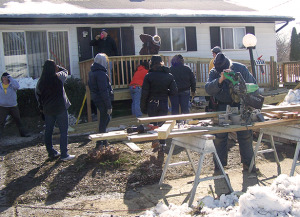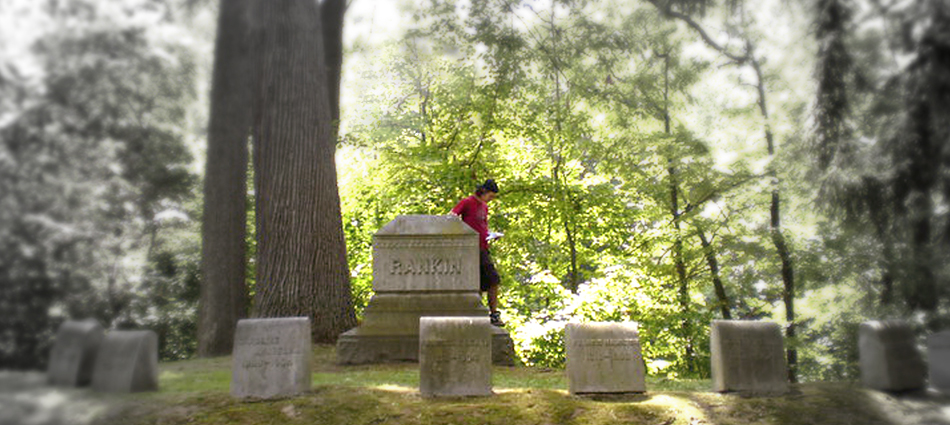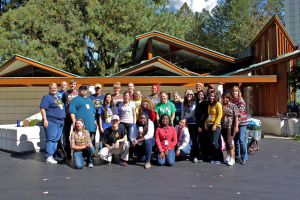 In September, twenty-seven of the University of Michigan-Flint’s brightest and most dynamic students gathered at the Alden B. Dow Home and Studio in Midland, Michigan to explore and develop techniques for collaboration, critical thinking, and conflict management. University of Michigan-Flint faculty, University Outreach staff, and past camp participants served as facilitators and mentors for the group, inspiring participants to take the next steps in their personal and professional lives.
In September, twenty-seven of the University of Michigan-Flint’s brightest and most dynamic students gathered at the Alden B. Dow Home and Studio in Midland, Michigan to explore and develop techniques for collaboration, critical thinking, and conflict management. University of Michigan-Flint faculty, University Outreach staff, and past camp participants served as facilitators and mentors for the group, inspiring participants to take the next steps in their personal and professional lives.
The Value Added Leadership Development Camp was developed by University Outreach, in partnership with the Alden B. Dow Home and Studio, to provide students with an opportunity to develop and hone their leadership and collaboration skills to prepare them to become effective leaders in their communities and throughout their professional careers.
What the students are saying about the experience:
“The Value Added Leadership Camp was fun, exciting, and very beneficial. One will never be bored and needs to come with an open mind. I thought the camp was very motivational and friendships were formed.”
“Amazing opportunity to gain knowledge that will open your eyes to issues of life, not just as a student but also as a member of your community. I believe that this camp will encourage some who’ve never taken a leadership role in their communities, to gain the courage to do so.”
“Like the best movie that you have ever seen! If I tell you a whole lot about it, it might ruin it for you, just know that when you go with an open mind, you will enjoy it like an all-inclusive day at the spa for your mind! It touches parts of your mind that you didn’t even know you had.”
Save the Date:
2013 Value Added Leadership Development Camp
September 26-28, 2013
2012 Value+ Leadership Development Camp, a set on Flickr.
























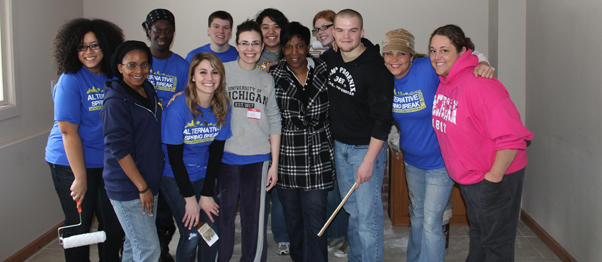
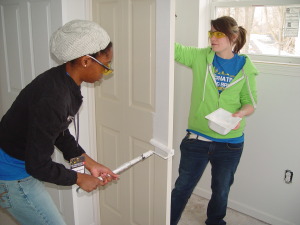

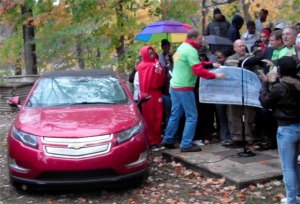
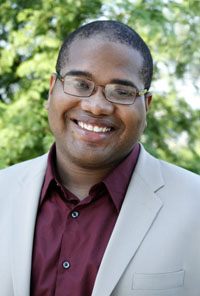
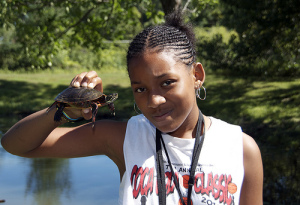
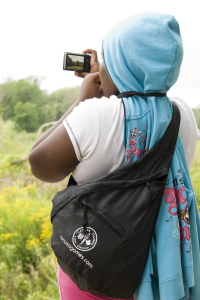
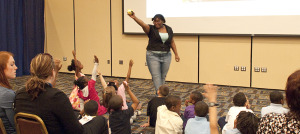
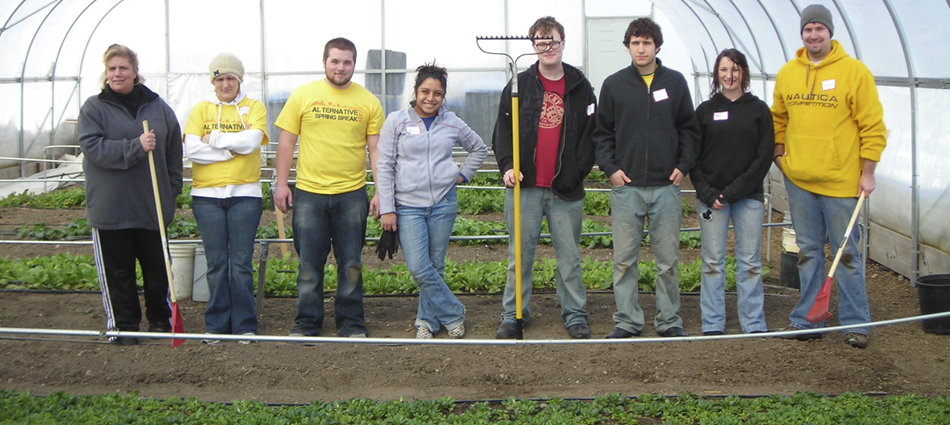
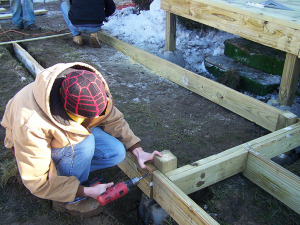
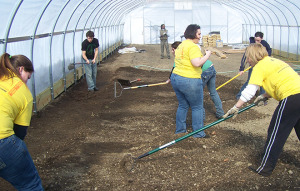 The program is dedicated to providing break opportunities to as many students as possible, while striving to increase community impact and student learning and address societal problems with understanding and compassion. Critical elements of this process are recognizing community needs and assets while working in partnership with community members. Equally important is translating the experience into an understanding of the complexity and interconnectedness of social problems and making a commitment to being part of the long-term solution.
The program is dedicated to providing break opportunities to as many students as possible, while striving to increase community impact and student learning and address societal problems with understanding and compassion. Critical elements of this process are recognizing community needs and assets while working in partnership with community members. Equally important is translating the experience into an understanding of the complexity and interconnectedness of social problems and making a commitment to being part of the long-term solution.